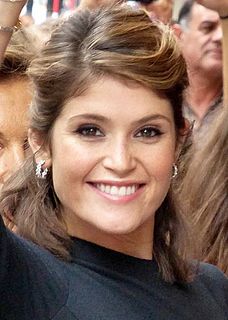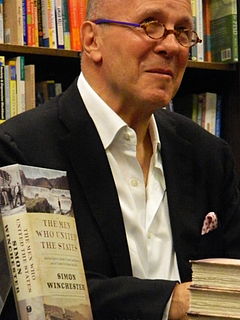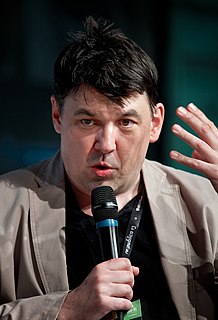A Quote by Abbas Kiarostami
The Iranian government as a whole has no relationship with my films. They're not particularly interested, perhaps this kind of cinema is not very interesting to them.
Related Quotes
Our films tremendously influence people. But at the same time, no one goes to the cinema to listen to lectures, so if you have an interesting story, and if you can showcase it as a film, and its messages are good, then it's like an icing on the cake: it shall be a superhit. And if I get those kind of films, I'll definitely want to work on it.
More than my other films, Uncle Boonmee is very much about cinema, that's also why it's personal. If you care to look, each reel of the film has a different style - acting style, lighting style, or cinematic references - but most of them reflect movies. I think that when you make a film about recollection and death, you have to consider that cinema is also dying - at least this kind of old cinema that nobody makes anymore.
The Iranian government still denies the Holocaust - so you can't take them seriously. And the Israeli government spreads rumours and disinformation about Iran - because it needs to for the creation of panic. I find these theological states - and in this respect, Israel and Iran are twin brothers - very, very dangerous.





































